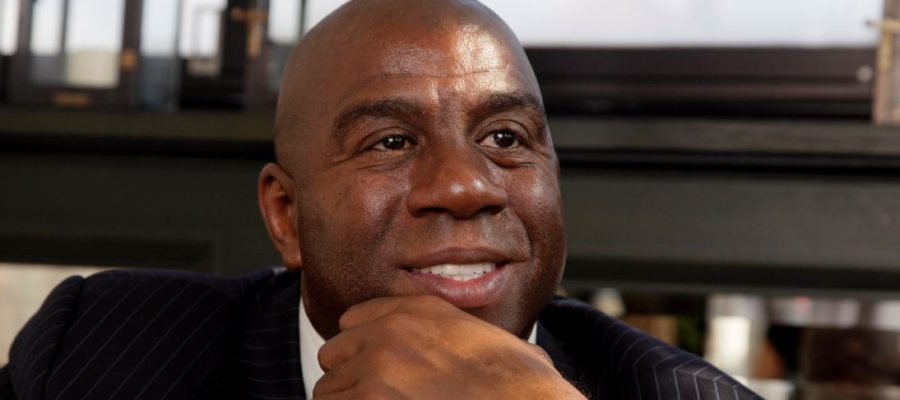On November 7th, 1991, the legendary Earvin “Magic” Johnson shocked the world by announcing that he had tested positive for the human immunodeficiency virus (HIV), and would be retiring from the NBA immediately. Magic was a five-time NBA champion, winning the league’s Most Valuable Player award three times during his illustrious career. His announcement sent shockwaves throughout the NBA community, especially given how bleak the diagnosis often was for those with HIV.
But like so many other things in his life, Johnson treated HIV like he would have with any opponent he faced during his NBA career: he set out to defeat it, once and for all. He founded the Magic Johnson foundation that same year, and established three key strategic priorities for the foundation: fighting the spread of HIV and AIDS, educating the public at large about the spread and the dangers of the viruses, and establishing centers to empower individuals and communities afflicted by the virus.
Shortly after creating his foundation, Johnson joined the National Commission on AIDS, as a member appointed by members of Congress and/or the current Presidential administration. While serving the on Commission, Johnson made several recommendations to help better the lives of those diagnosed with HIV or AIDS, including universal health care and the expansion of Medicaid to cover all low-income families with AIDS.
When his recommendations were seemingly ignored, Johnson began to individually campaign around educating the public about HIV/AIDS, and fighting against potential discrimination of those who have the disease. He served as the main speaker for the United Nations (UN) World AIDS Day Conference in 1999 and has served as a United Nations Messenger of Peace.
Today, the Magic Johnson foundation continues its work after over 25 years, serving more than 250,000 individuals each year through direct and collaborative services and programs. The foundation’s Community Empowerment Centers (CECs) will have impacted over 245,000 disadvantaged youth.

